As young adults about to enter the day-in-and-day-out lifestyle, you’ll quickly discover there are basically three types of people in this world: those that don’t, those that do, and those that do effectively. You’ll need to be part of the latter group to succeed at your very first professional job search.
The truth is the title of this article should be Nine Things Every Person Does Wrong When Job Searching. That title doesn’t “grab” because the veterans of the day-in-and-day-out lifestyle are very busy between the day-in and day-out part. Recent college graduates without a job to interrupt their days, however, might have a bit more time to read this. Of course, there’s also the freak-out factor. So, when titling our weekly posts, we bloggers tend to cater to those we think will read it. (I’m human too.)
On a serious note, these are bloopers and blunders and you better fix them quickly if you want to get off your parents couch anytime soon. (I assume your parents have over the last few years slowly removed the furniture from your bedroom as mine did so many years ago. It helps them cope when they do it slowly. It turns out they’re human too.) Speaking of humans…
You don’t interact with humans. The Internet is fabulous, but by itself is generally ineffective. I don’t win business simply by sending someone an email. You don’t get a job interview simply by submitting your resume via the torturous Applicant Tracking System that has become the bane of your existence. Certainly search and send your resumes, but follow up with a call or voicemail. Why? Guess how many of your peers do it? You wouldn’t need all your fingers let alone your thumbs before you hit the number. It is not how many people apply. It’s how many people apply, follow up, and follow through. All of sudden, that indicator on the website showing the “number of applicants” who has applied for the position becomes a meaningless representation of who is truly in the race. Make the call. You’ll thank me.
More on humans. You don’t develop your professional or personal networks properly. I’m going to apologize for all the “adults” who made you live in the world of instant gratification. Sorry. I truly am. Developing your network is not solely about finding an accountant who can get you that first accounting job. It’s a lifelong, diverse process. In the short-term, however, you need to build your second-degree connections. Those are your friends’ friends. One of your friends might get you a job interview, but it’ll more likely come from one of their friends. If you’re an accountant, in addition to thinking where can I find other accountants, think where can I find influential people with lots of connections. Like, for example, me or your widely successful aunt, uncle, cousin, or anyone else who knows a lot of good people.
You don’t network online effectively. Unless you’ve been living in a dorm cave, you’ve heard of LinkedIn, Facebook, Twitter, and so forth. Most people think those sites connect individuals. They do. What most people don’t realize is that those sites (and others) are great for connecting with interest groups, meet-up groups, alumni groups, and so. Don’t just build your network of online individuals. Build your network of online groups as well. “One” online connection can mean access to hundreds of thousands of people sharing the same interest.
You look for jobs not companies. I realize you want a job, but you actually join a company not a job. Look for companies that would benefit from someone with your abilities and studies. If you’re an engineer, look for engineering or technology companies regardless of whether they have a job posting. One of the best exercises is to identify companies that are growing. Search lists such as the Inc. 500 and Inc. 5000 or Best Small Companies. Those companies are on those lists for a reason. And, of course, they’re growing and hiring people. I know this because they can’t get on those lists if they’re not hiring people. You’re inexpensive. Embrace it. Don’t worry about whether they have a job posting that matches something you’re qualified to do. Call them. Ask for the Human Resources or Recruitment Department. Tell them you’re interested. Send them your resume. It works. (Hey, there’s that human thing again.)
You don’t leverage your university or college. I realize these days that the university career offices aren’t what they use to be. Everything is online and they basically leave you to your devices. Even so, there are usually websites that the university offers for alumni, companies that are willing to post jobs to those sites, and so forth. LinkedIn also has school alumni groups that share ideas and job listings. Be aggressive when identifying opportunities for your alma mater to aid you.
You don’t research enough. We’ve already touched on a few research items related to people and jobs, but mapping your network is a critical research exercise worth its own discussion. In addition to researching and reviewing job openings and companies, you should also make a relationship map as part of that exercise. Here’s an example that we used previously. Sure, accountants know other accountants. But, the lawyers and doctors and real estate agents you know use accountants. Business owners know accountants. There are intertwined relationships in the business world. If you can’t connect the dots, then ask Mom, Dad, big brother, big sister, cousin Hank, Uncle Bob, or whoever’s a Magellan fan to draw you a map of the corporate world.
You don’t take to social media fully. Social media is fun and fabulous. It can provide all kinds of help and get you into all kinds of trouble. Perhaps you saw my recent article called Time for a Social Media Shower? Breeze through it to ensure you deodorize yourself so you can start your job search April fresh. Most people will leverage the social sites to network or look for jobs. I’m okay with that. But, you can also use social media to build your social platform. This can be your elaborate online resume. Start creating your LinkedIn Profile, Twitter Account, Website, Blog or whatever other platforms you enjoy. If you have a cohesive message—especially if it offers some insight related to your interests—it could be helpful. I realize my platform leverages three decades of work experience and a significant amount of personally-developed content, but you can review it as an example and align yours accordingly. If you haven’t developed much content, you can share articles of interest, comment on them, and be a connector. You might be thinking, but I have nothing to say. If that’s the case, start building your platform by connecting to those with similar interests. This is extremely easy to do on Twitter because you can follow whomever you want. Be a spy first and then go from there.
You don’t thank. Thanking someone is a lost art. In your life, you’ll forget to thank many with no other consequence than a disappointing thought from your friends and loved ones. During your job search, it becomes more fatal. Knowing how to thank is one thing. There are many samples (How to Write a Thank You Note That Gets You the Job). Knowing whom to thank is a different story. I’m sure 99% of you won’t go to this level of effort, but I would suggesting sending thank-you notes (that’s an actual piece of paper) to anyone who does anything for you during the search. That includes your dad’s friend who had lunch with you to provide guidance (you know who you are), the acquaintance who provided a referral for you, the cousin who gave you helpful material to read, your friend who reviewed your resume, and the guy who held the door for you when you went to the restroom. Buy a big stack. Send them out. You think everyone hates paper? Maybe. You know what I do with the thank-you cards I receive? I place them nicely on my desk or bookshelf. I never worry about running out of room because so few people ever bother to send me one. I look at them daily and never forget those who sent them to me. I n-e-v-e-r forget and I meet four thousand new people year in and year out. That’s not an exaggeration. Make yourself one of one, not one of four thousand.
You don’t optimize your day or focus. If you only ate hamburgers, you’d be fat. If you slept all day, you’d never get anything done. This is analogous to what most people’s job searches looks like. They’re excessive in all the wrong directions or nonexistent. Like everything in life, a balanced and well-planned daily diet will be beneficial. Your day needs to be planned—effectively. It needs to be executed—effectively. (I realize you might be working a part-time job, so feel free to adjust accordingly.) It needs to look something like this. How much time you spend in each area might be different each day, but a steady diet of each will serve you well!
- Wake Up. Make sure you’re still alive.
- Morning ritual. Do whatever gets you excited—exercise, meditate, yoga, read, write, eat, shower (please), and coffee.
- Research: Find jobs and companies and build your relationship map.
- Apply: Send your resume to wherever you think is appropriate. This can be directly to a potential employer or acquaintances or friends. Circulating your resume is the key.
- Network. Human interaction! Yay! Call relevant people (or leave voicemails), meet (yes, get up from behind the computer), schedule appointments to meet, etc.
- Write Thank-You Notes: Make sure you keep a list and the bigger the list the better. The more people you need to thank, the more productive your day was. If you’re empty here, you had a bad day. Don’t fool yourself. The number of people you have to thank on a given day is one of the very best indicators of how productive your day was.
- Plan For Tomorrow: Don’t wake up tomorrow thinking about what you need to do. Know in advance. Make it happen!
I’ve written many more articles that will be helpful in your search, but a few others you might want to review include Just Graduated? Use These 9 Tips to Jumpstart Your Job Search!, 7 Deadliest Job Search Sins, and The Art of a Successful Job Search.
You can also find wonderful tips and tricks related to life and work via the usual social spots at LinkedIn, Twitter, and Facebook.
In other exciting news, The Hiring Prophecies: Psychology behind Recruiting Successful Employees is now for sale!
Check out this free offer for The Ultimate 22-Year-Old’s Survival Guide for Work & Life!
I’m offering this free guide with more than 150 lessons on how to get everything you want out of your career and life.
Inside you’ll find guidance in several areas such as:
- Taking action during college to set up the life you want
- Developing and build a winning attitude for life
- Building your own mentor
- Figuring out your purpose in life
- Designing a killer resume and LinkedIn profile
- Jumpstarting a successful job search
- Avoiding key job search mistakes
- Negotiating your job offer
- Understanding effective and timeless communication techniques
- Learning great professional and personal etiquette
- Staying focused
Just click the picture to get the free guide!


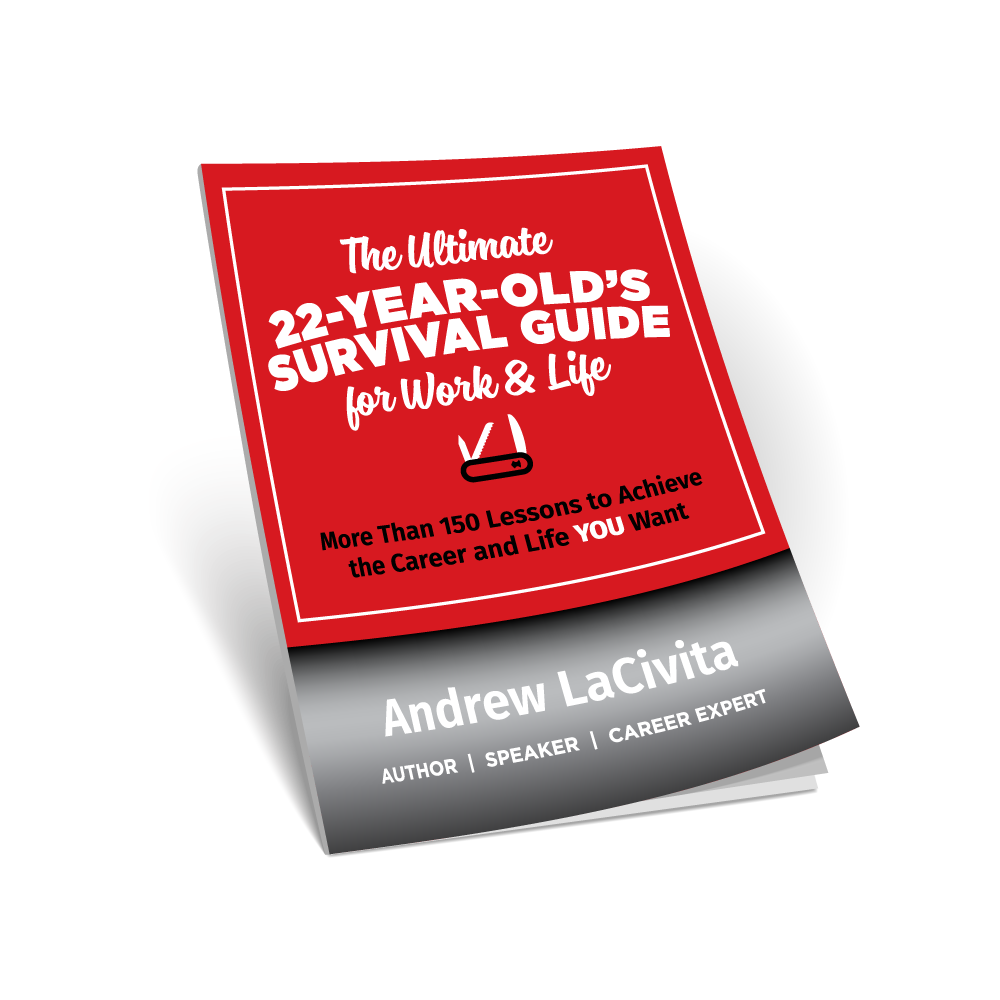

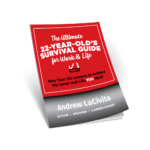

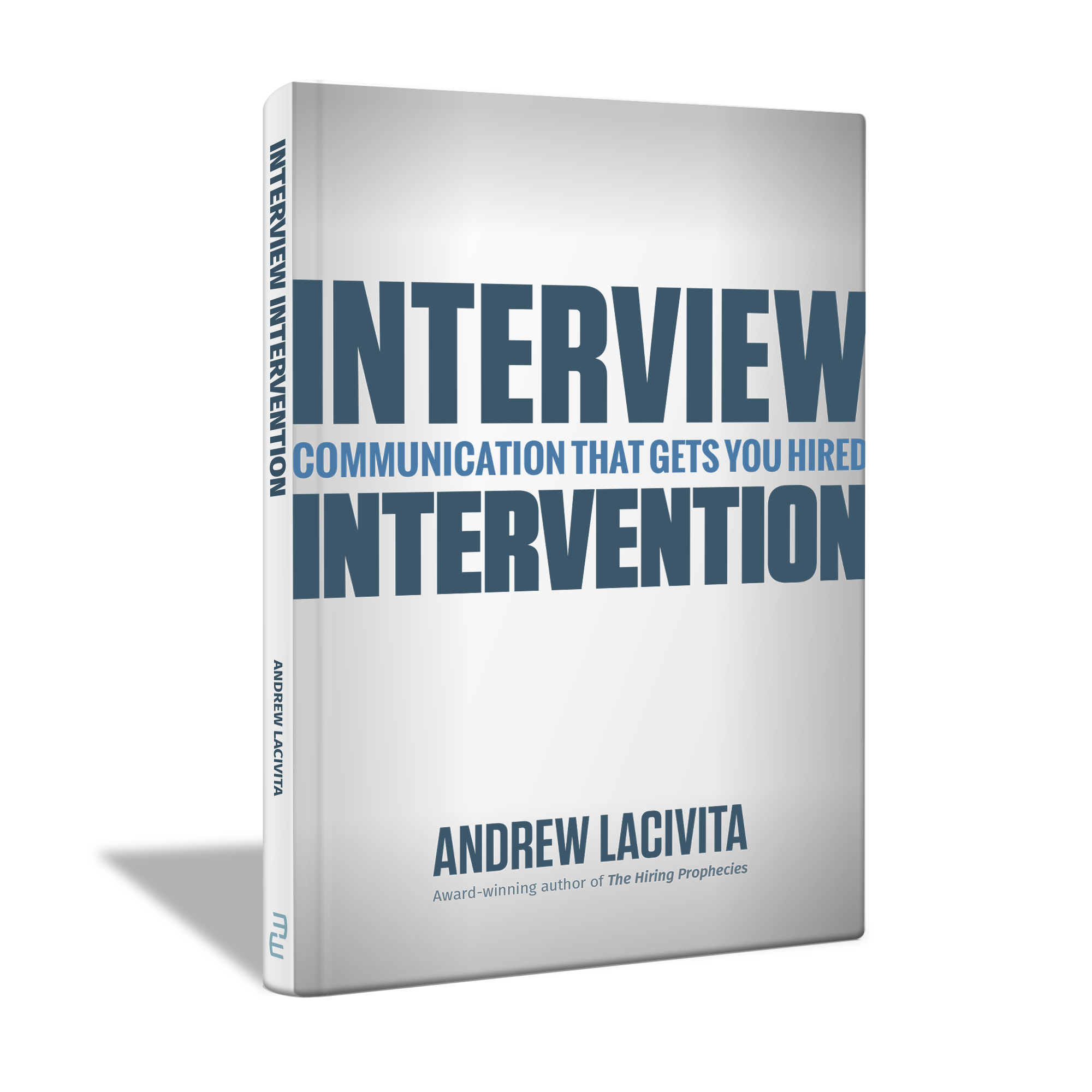
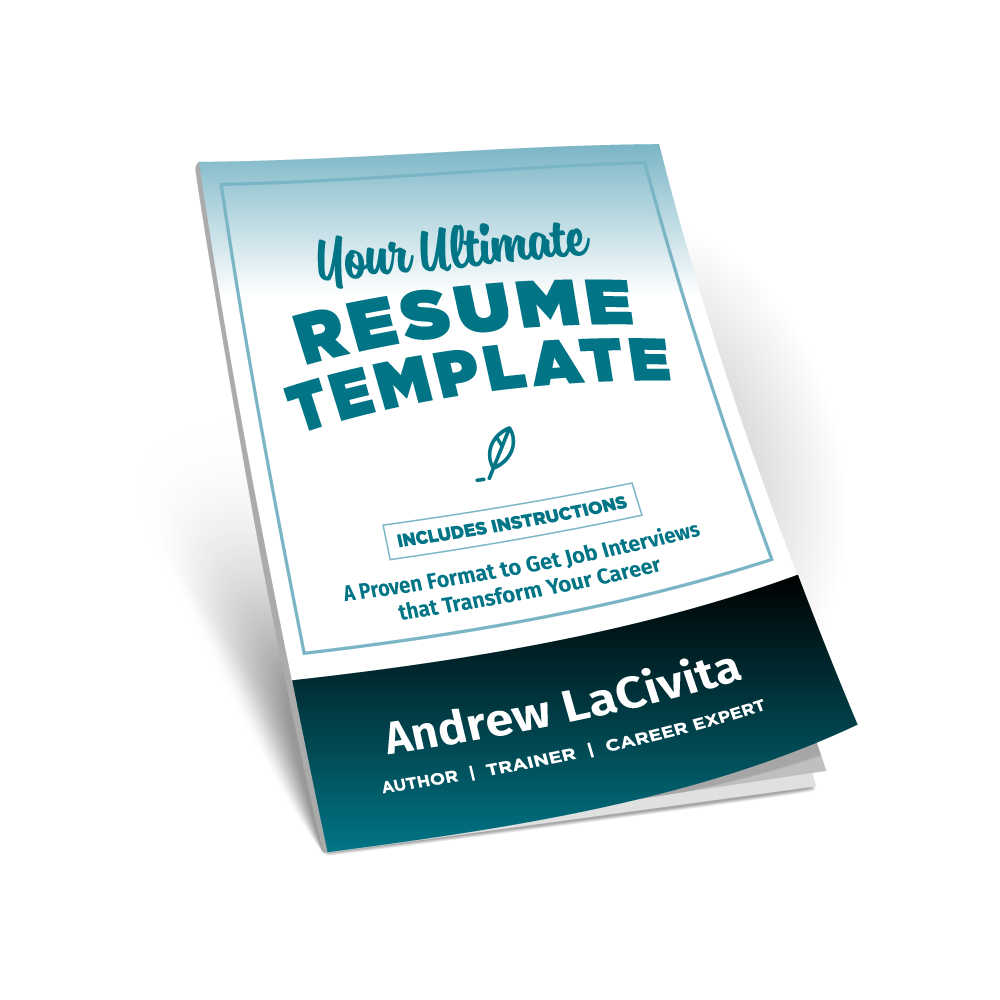
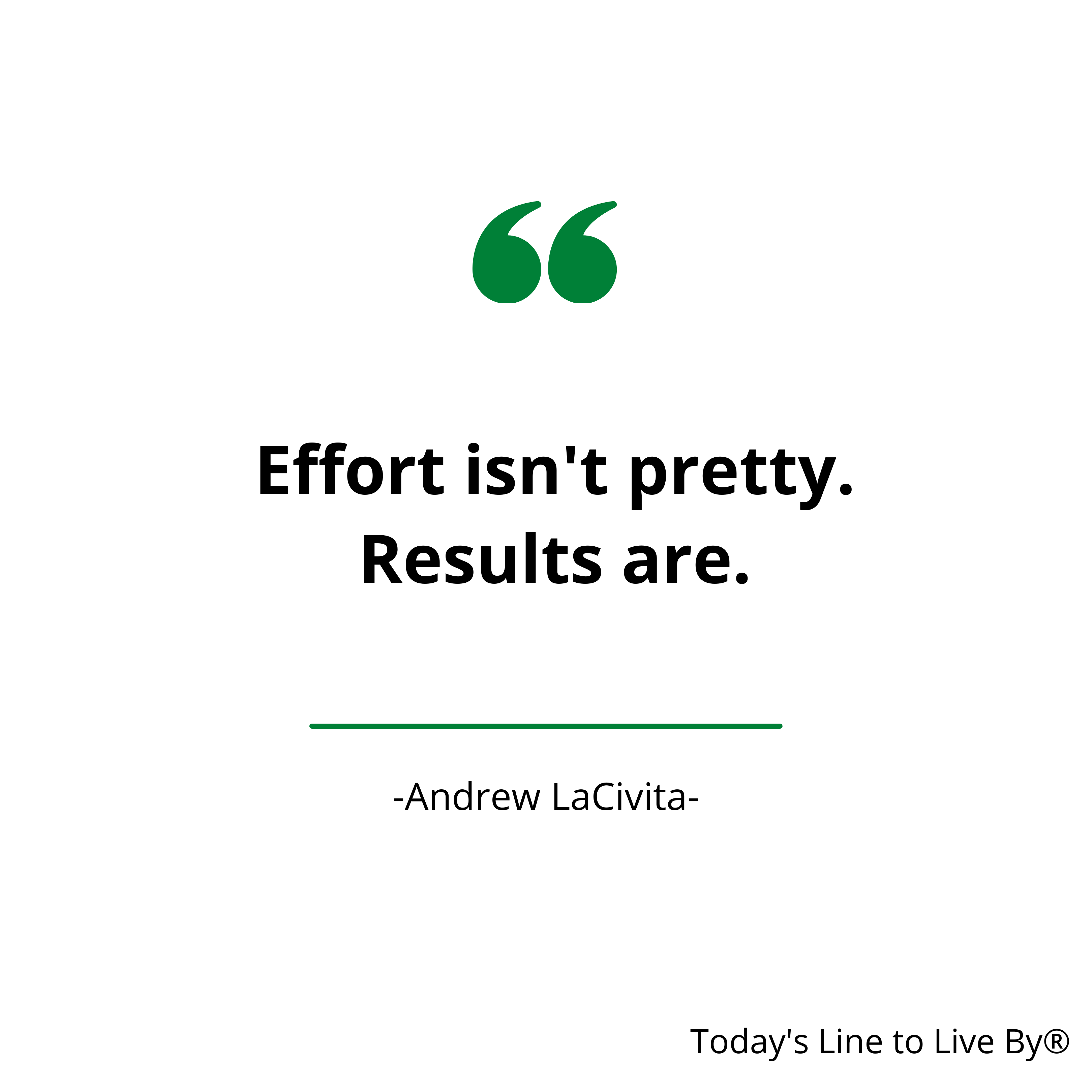
Leave A Comment